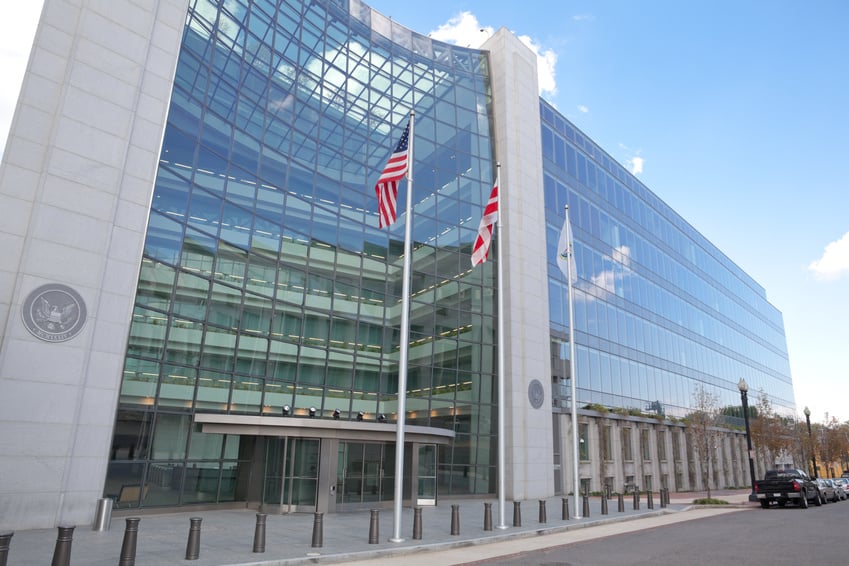On 2 August 2023, the Financial Services Authority or Otoritas Jasa Keuangan (OJK) issued its Rule No. 14 of 2023 on Carbon Trading on Carbon Exchange (“OJK Rule 14/2023”). OJK Rule 14/2023 is issued as one of the implementing regulations of Law No. 4/2023 on Development and Strengthening of the Financial Sector.
OJK Rule 14/2023 sets out the standard criteria for carbon units that will be traded on a carbon exchange, as well as the licensing requirements for any company that will apply to become a carbon exchange.
On 25 August 2023, the United States Treasury Department issued a notice of proposed rulemaking regarding tax reporting by brokers of transactions involving the sale or exchange of digital assets (“Proposed Regulations”). These long-awaited Proposed Regulations are in response to section 80603 of the Infrastructure Investment and Jobs Act of 2021, which expanded the scope of information reporting obligations for brokers under Code section 6045 to cover transfers of digital assets.
On 22 July 2023, the Competition and Consumer (Consumer Data Right) Amendment Rules (No. 1) 2023commenced. The amending rules enhance the existing Consumer Data Right (CDR) regime for business consumers by improving access to and use of CDR data for businesses and enabling more participants in the CDR regime to use third-party service providers.
After nearly 18 months of consideration, the SEC has finalized its Private Fund Adviser Rule. The Rule represents the most significant shift in SEC regulation of private funds since the implementation of Dodd-Frank, and its wide-ranging requirements will affect both US and Non-US Fund Managers (including many entities previously exempt from SEC regulation).
Baker McKenzie’s Sanctions Blog published the alert titled UK Government considers proscription of Wagner as a terrorist organisation under the Terrorism Act 2000 on 25 August 2023. Read the article via the link here. Please also visit our Sanctions Blog for the most recent updates.
To create stability in the macroeconomy and the domestic financial market, the government of Indonesia has issued several regulations in relation to natural resource export proceeds.
As background, green and sustainability-linked bonds and loans have been the pioneer products in this space. Following their evolution over a number of recent years, they are now well-established financing products commonly used to finance the energy transition. However, transition finance is emerging as the requirements for green and sustainability-linked financing products are often not met in the context of high-emitting, hard-to-abate sectors looking to reduce emissions
For the fourth time since its inception in September 2016, the Australian Securities and Investments Commission (ASIC) has extended the transitional relief period for Foreign Financial Services Providers (FFSPs) for a further 12 months until 31 March 2025. In its introduction of the ASIC Corporations (Amendment) Instrument 2023/588 on 4 August 2023, FFSPs have been offered a further extension on relief from the requirement to hold an Australian financial services license when providing certain financial services.
On 6 July 2023, the Insurance (Amendment) Ordinance 2023 was enacted by the Legislative Council which provides the legal basis for the implementation of the risk-based capital (RBC) regime for the insurance industry in Hong Kong.
The RBC regime is targeted for implementation in 2024. Prior to its implementation, it is expected that the Insurance Authority of Hong Kong will further consult the insurance industry on the detailed rules and technical requirements of the RBC
regime. Based on the conclusions of the consultation, it is expected that new subsidiary legislation(s) will be promulgated to set out the detailed rules and technical requirements of the RBC regime.
On 15 August 2023, the Monetary Authority of Singapore (MAS) announced the features of a new regulatory framework for single-currency stablecoins (SCS) that are issued in Singapore and pegged to the Singapore dollar or Group of Ten currencies. The framework takes into account the feedback that the MAS received following a public consultation paper published in October 2022, and the MAS has issued response to feedback on the same.



